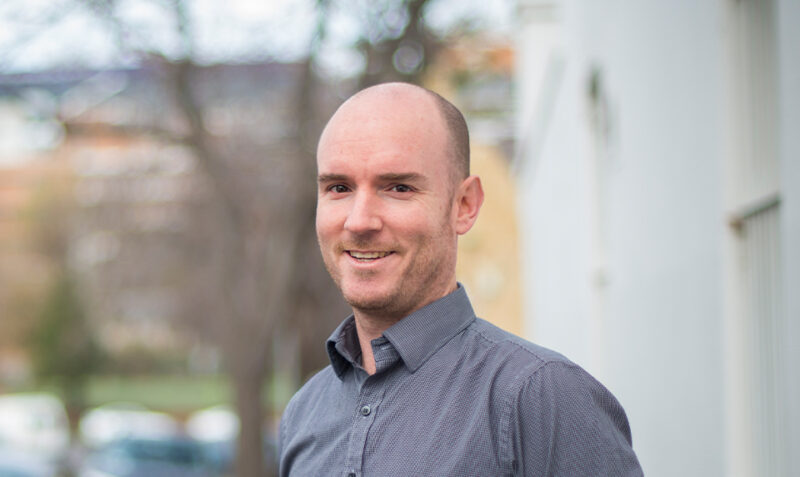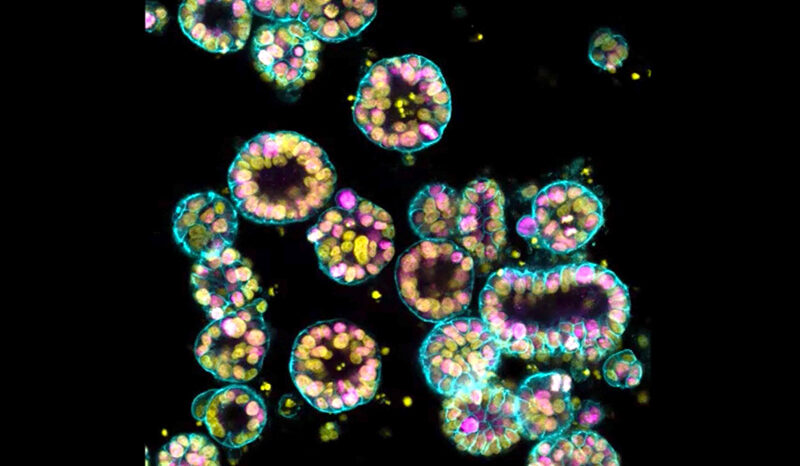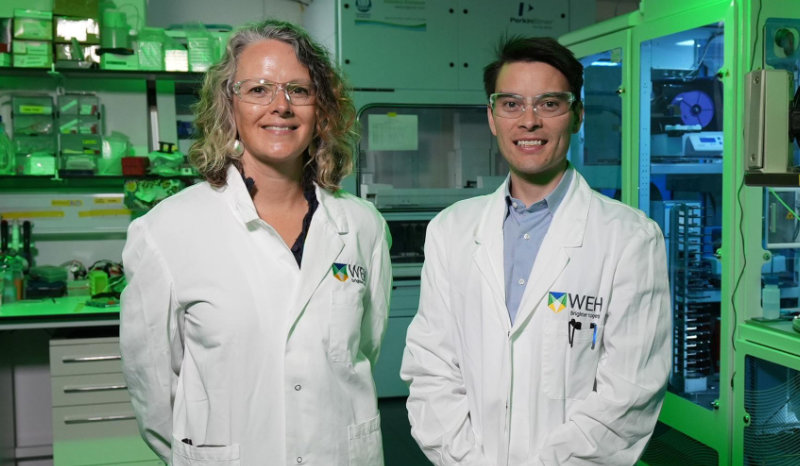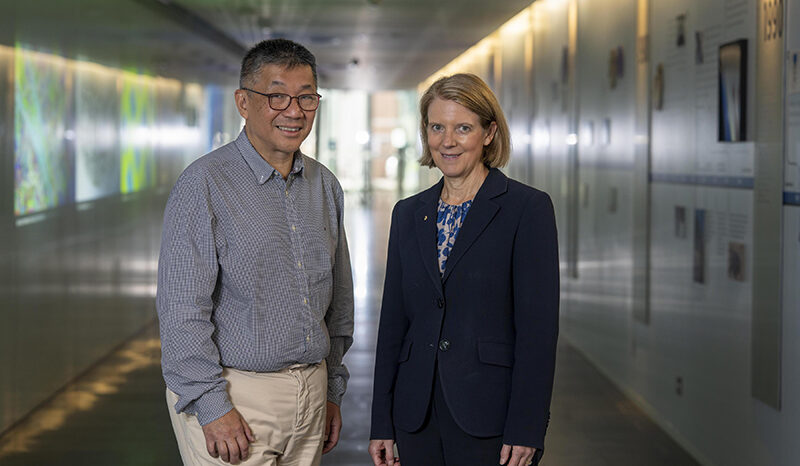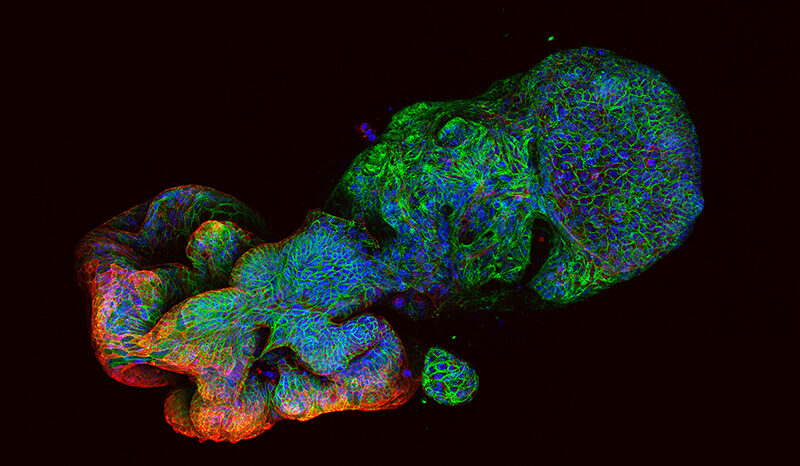More than 20,000 Australians live with multiple myeloma, an aggressive form of cancer in the bone marrow.
Myeloma is an incurable cancer that causes increased infections, kidney damage and bone pain. Even with treatment, most people live for an average of five years after diagnosis.
Treatments are often debilitating for patients, and more effective treatments are desperately needed.
WEHI consumer buddy and supporter Pete knows how gruelling these treatments can be. He was diagnosed with multiple myeloma in 2015 and, as a result of his cancer and treatment, has experienced considerable pain, constant nausea, vomiting, insomnia, confusion, amnesia and loss of sensation and dexterity.
To make a difference in the lives of people like Pete, WEHI researchers are drawing on 105 years of discoveries and working closely together towards new treatments and reduced side effects for people with multiple myeloma.




